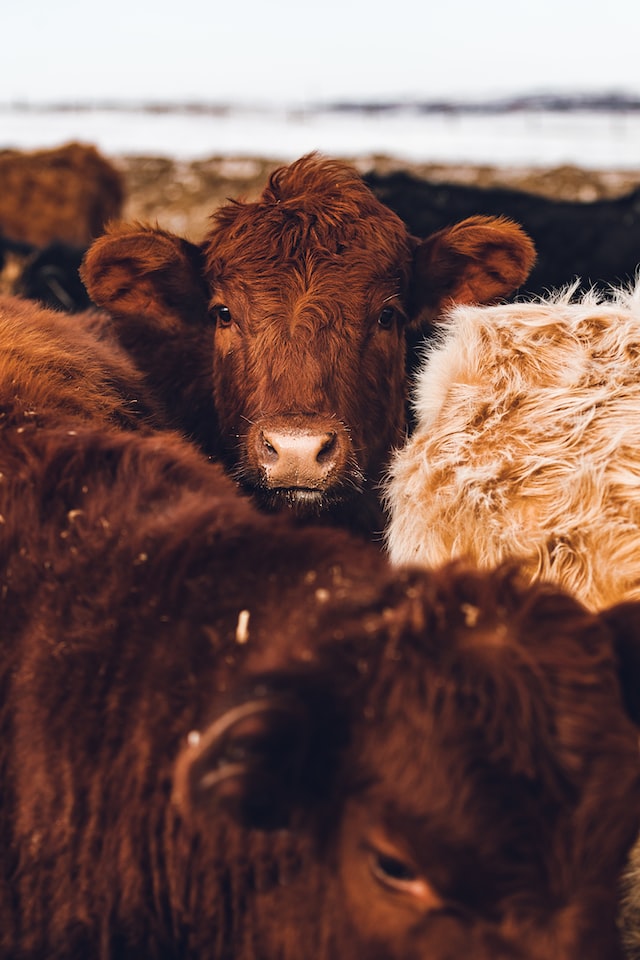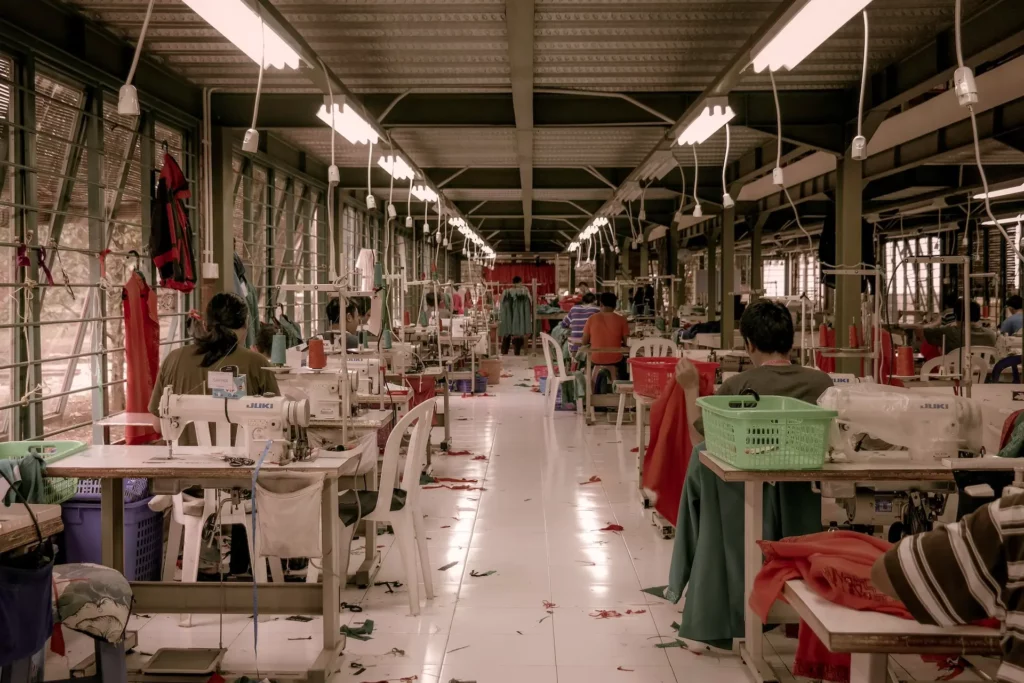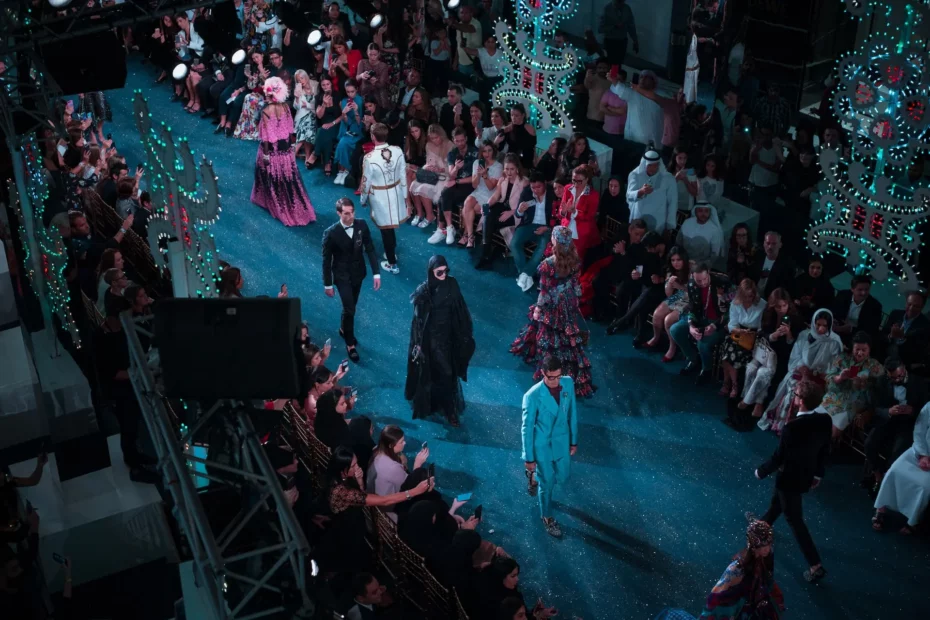As consumers, we have the power to make a positive impact with our fashion choices. By choosing sustainable and ethical fashion, we can support brands that prioritize the well-being of animals, workers, and the planet. Two popular options for sustainable fashion are vegan fashion vs. fast fashion, but what is the difference between them?
In this post, we’ll dive deeper into the key differences between vegan fashion and fast fashion and explain why choosing vegan fashion is a more sustainable and ethical choice. Let’s explore.
What is Vegan Fashion vs. Fast Fashion?
Firstly, vegan fashion refers to clothing and accessories that do not use any animal products. This means that no leather, wool, silk, or any other materials that come from animals are used. Vegan fashion is often made from plant-based materials such as cotton, linen, and hemp or synthetic materials like polyester and recycled plastic.
Fast fashion, on the other hand, refers to clothing and accessories that are mass-produced quickly and cheaply, often with low-quality materials and labor practices. Fast fashion brands prioritize speed and low cost over quality and sustainability, which can lead to exploitation of workers and harm to the environment.
Why Choose Vegan Fashion Over Fast Fashion?
There are several reasons to choose vegan fashion over fast fashion:
Animal Welfare
First and foremost, one of the key reasons to choose vegan fashion over fast fashion is animal welfare. By avoiding materials like leather, wool, and silk, you reduce demand for animal products and support brands that prioritize animal welfare. Many vegan fashion brands also use eco-friendly and sustainable materials, which reduces the impact on animals in the wild as well. Check out this list of vegan fashion brands from PETA for some great options.

Environmental Impact
Secondly, fast fashion is one of the biggest contributors to the fashion industry’s environmental impact. The production and disposal of low-quality clothing and accessories leads to pollution, waste, and greenhouse gas emissions. In contrast, vegan fashion often uses more sustainable materials and production methods, making it a more eco-friendly choice. For example, a company called PETA is running a campaign for fashion brands to replace wool with recycled plastic bottles. By doing so, brands can reduce their carbon footprint and make a positive impact on the environment.
Labor Practices
Finally, fast fashion brands often receive criticism for their poor labor practices, including low wages, long hours, and unsafe working conditions. By choosing vegan fashion brands that prioritize sustainability and ethical production, you can support better labor practices and working conditions for garment workers. Many vegan fashion brands prioritize transparent supply chains and fair labor practices, which demonstrates their commitment to treating the people who make their clothes with respect and dignity. Check out this list of ethical and sustainable fashion brands from Good On You for some great options.

In conclusion, while both vegan fashion and fast fashion are popular options, they have distinct differences that make vegan fashion a more sustainable and ethical choice. By choosing vegan fashion, you support brands that prioritize animal welfare, environmental sustainability, and ethical labor practices.
If you want to make a positive impact with your fashion choices, consider choosing vegan fashion over fast fashion. Your choices can make a difference not only for the animals but also for the planet and the people who make your clothes.
To learn more about the ethical principles that guide vegan fashion, check out our blog post on ‘The Vegan Ethics Comes in Fashion.‘ Let’s work together to create a more sustainable and compassionate fashion industry.



